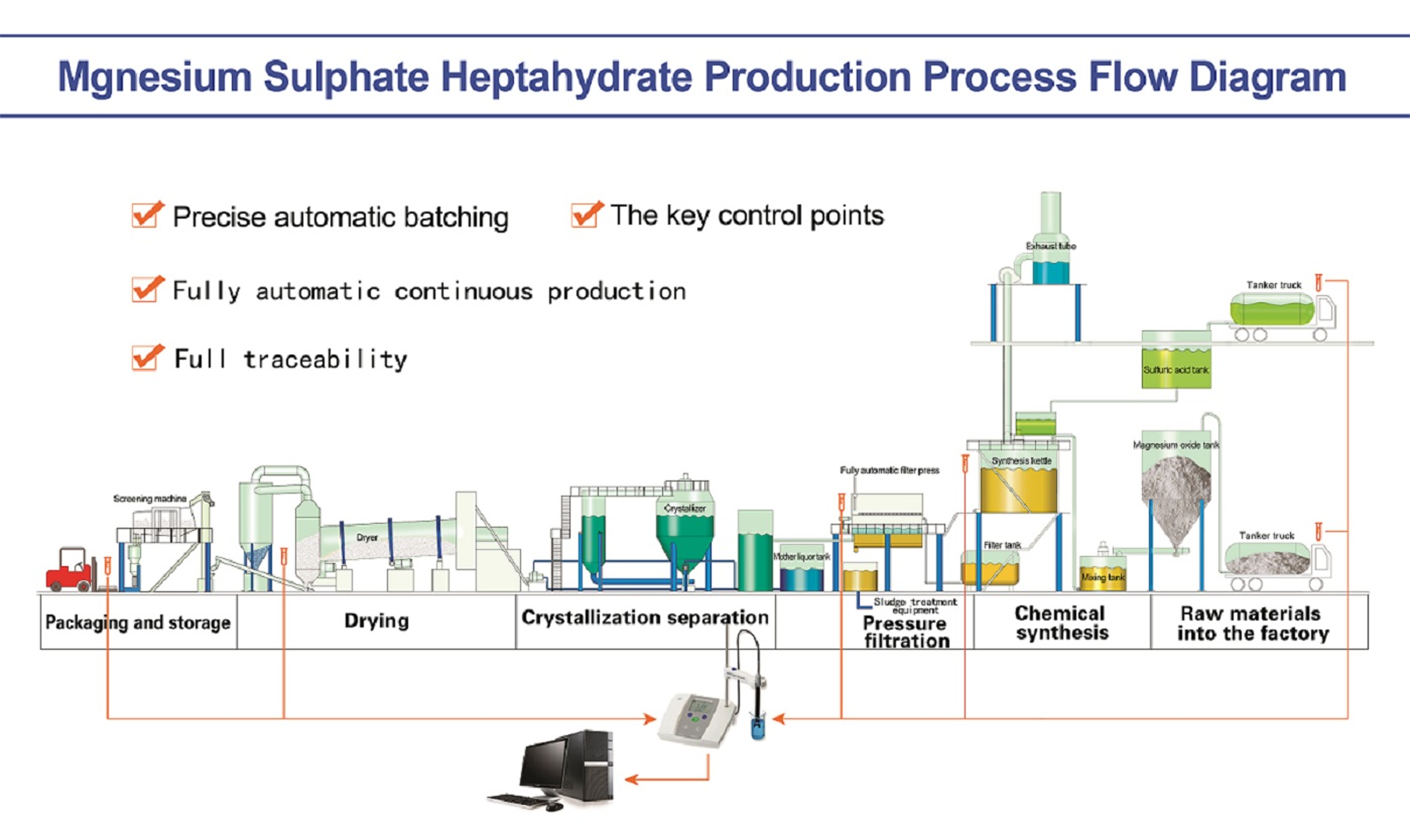Folic acid, also known as vitamin B9 or folate, is a water-soluble B vitamin that plays several critical roles in the body. Here are some of its primary uses and benefits:
### 1. **Pregnancy**
- **Preventing Neural Tube Defects**: Folic acid is crucial for pregnant women as it helps prevent neural tube defects (NTDs) in the developing fetus, such as spina bifida and anencephaly. It's recommended that women take 400 to 800 micrograms (mcg) daily before conception and during pregnancy.
### 2. **Cell Division and Growth**
- Folic acid is essential for DNA synthesis and cell division, making it important for growth and development in all stages of life.
### 3. **Red Blood Cell Formation**
- It aids in the production of red blood cells, helping to prevent anemia. A deficiency can lead to megaloblastic anemia, where red blood cells are larger than normal and not effective in transporting oxygen.
### 4. **Heart Health**
- Folic acid may help reduce levels of homocysteine, an amino acid linked to an increased risk of heart disease. Some studies suggest that adequate folic acid intake may lower the risk of cardiovascular diseases.
### 5. **Mental Health**
- There is evidence that folate levels can affect mood and cognitive function. Low folate levels have been associated with depression and cognitive decline.
### 6. **Cancer Prevention**
- Some research suggests that adequate folate intake may lower the risk of certain types of cancer, particularly colorectal cancer, although the evidence is not conclusive.
### 7. **Supplementation**
- Folic acid supplements are often recommended for individuals with certain health conditions, including those with malabsorption issues or certain types of anemia.
### Sources of Folic Acid
- **Natural Sources**: Leafy green vegetables (like spinach and kale), legumes (beans and lentils), nuts, and citrus fruits.
- **Fortified Foods**: Many cereals, breads, and pastas are fortified with folic acid to help increase intake.
### Recommended Daily Intake
- The recommended dietary allowance (RDA) for folate varies by age, sex, and life stage. For most adults, the RDA is about 400 mcg. Pregnant women require more (600 mcg), while breastfeeding women need about 500 mcg.
### Potential Side Effects
- Generally, folic acid is safe when taken in recommended amounts. However, excessive intake (especially from supplements) can mask vitamin B12 deficiency, which can lead to nerve damage if left untreated.





 Guarantee safe
Guarantee safe 





